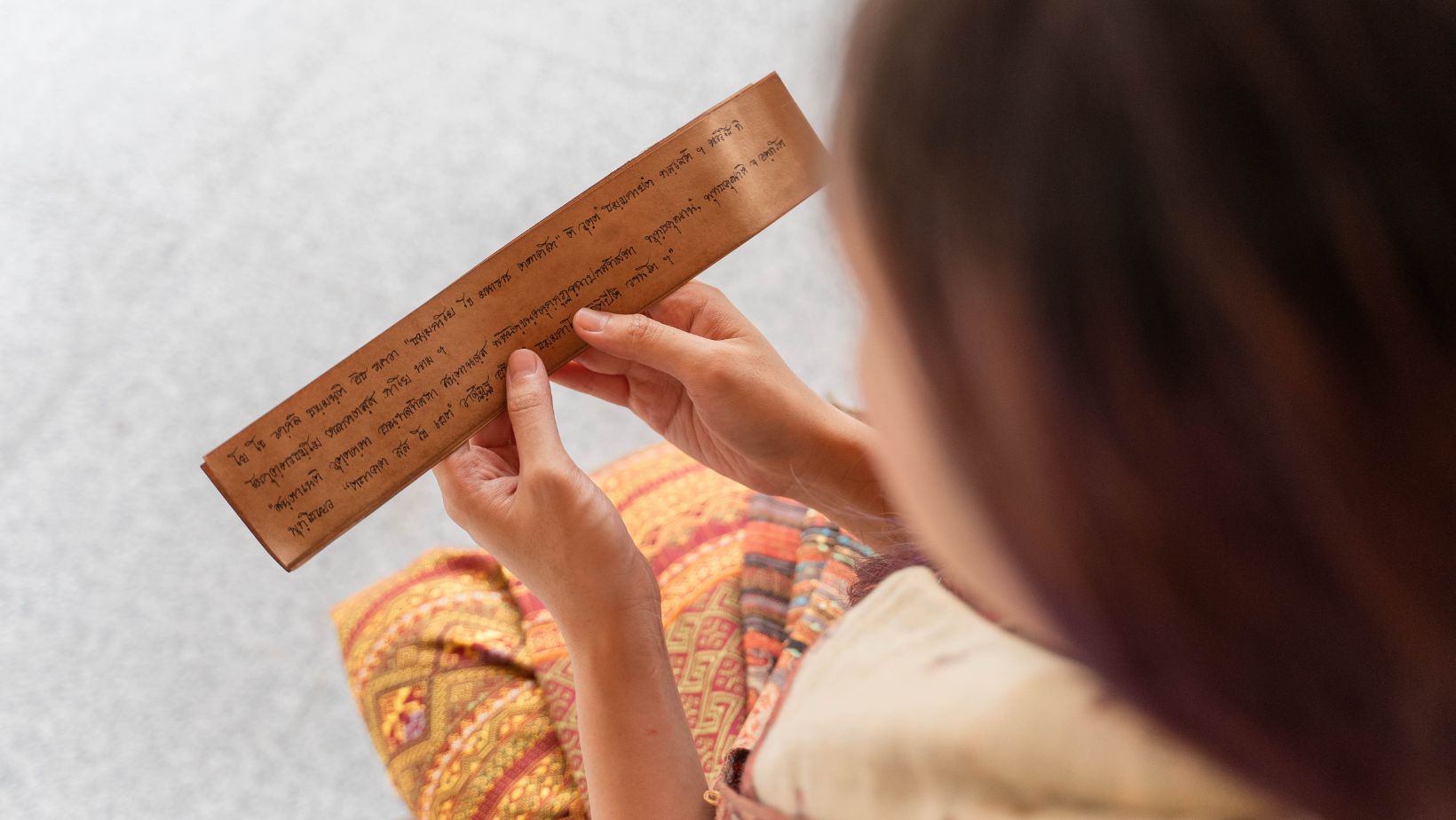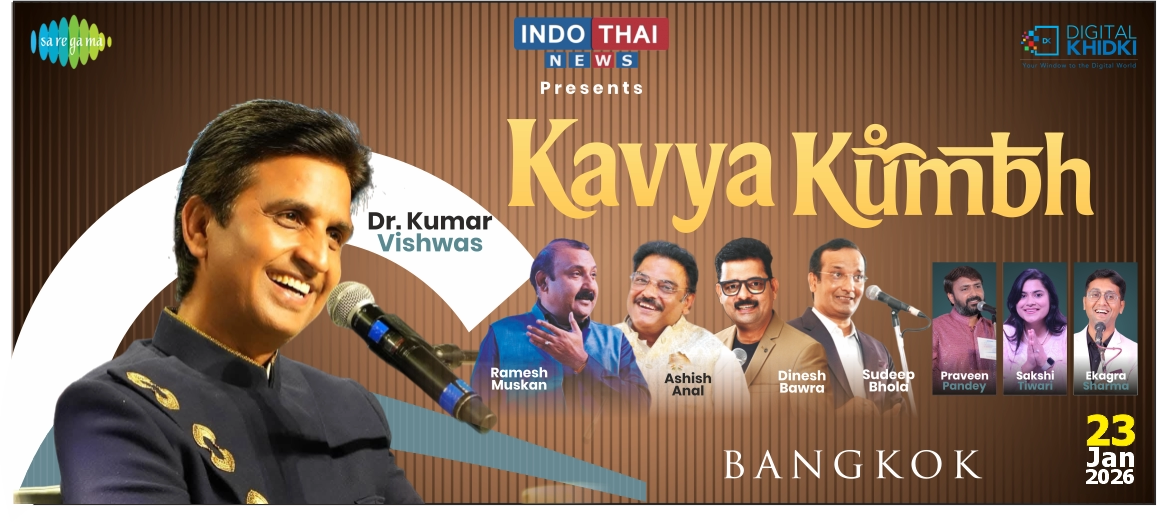If you speak Thai, chances are you’ve already used Sanskrit without even knowing it. Many Thai words—especially in religion, culture, and even daily greetings—come from Sanskrit and Pali, the classical languages of India. This connection shows just how deep the cultural ties are between Thailand and India.
A Bit of History
Sanskrit reached Thailand centuries ago through Hinduism, Buddhism, and royal traditions. Temples, court rituals, and literature all carried Sanskrit words into the Thai language. Over time, they blended so smoothly that many became part of everyday Thai speech.
Common Thai Words with Sanskrit Roots
Here are some everyday Thai words that trace back to Sanskrit:
-
สวัสดี (sawasdee) – from svasti, meaning “well-being” (today’s Thai greeting: “hello”)
-
โลก (lok) – from loka, meaning “world”
-
ธรรมะ (tham) – from dharma, meaning “truth” or “righteousness”
-
กษัตริย์ (kasat) – from kṣatriya, meaning “king”
-
นคร (nakhon) – from nagara, meaning “city” (e.g., Nakhon Ratchasima)
-
สุริยะ (suriya) – from sūrya, meaning “sun”
-
จันทรา (chanthra) – from candra, meaning “moon”
-
วิทยา (witthaya) – from vidyā, meaning “knowledge”
Everyday Connections
-
When you greet someone with “สวัสดีครับ/ค่ะ (sawasdee krap/ka),” you are actually giving a Sanskrit blessing.
-
When Thais talk about ธรรมะ (tham) at the temple, it’s the same as the Sanskrit dharma.
-
City names like นครศรีธรรมราช (Nakhon Si Thammarat) carry Sanskrit meanings of “city,” “truth,” and “king.”
Even language learners are amazed by these similarities. On a Reddit thread about Thai and Sanskrit, one Hindi speaker shared:
“I’m a native Hindi speaker, and while I was aware Sanskrit is a root language to Thai I’m constantly taken aback by just how many similarities there are. The entire consonant/vowel system is pretty much similar (making it much easier for me). I constantly come across words I can immediately place because they’re based off Sanskrit words that exist in Hindi (age, moon, worship, night, language, firang (lol), week, happy etc.).”
— Reddit user on r/learnthai
This kind of reaction shows how Sanskrit bridges cultures and languages, creating instant recognition for speakers of Hindi and learners of Thai alike.
For the Thai-Indian community and expats, knowing these links is eye-opening. It shows that Thailand’s language and culture are deeply connected to India’s ancient heritage. It also makes learning Thai easier if you already recognize Sanskrit roots.
Final Thought
Next time you say “สวัสดี,” remember—you’re speaking a word that traveled from India to Thailand hundreds of years ago and still carries the blessing of “well-being.”



